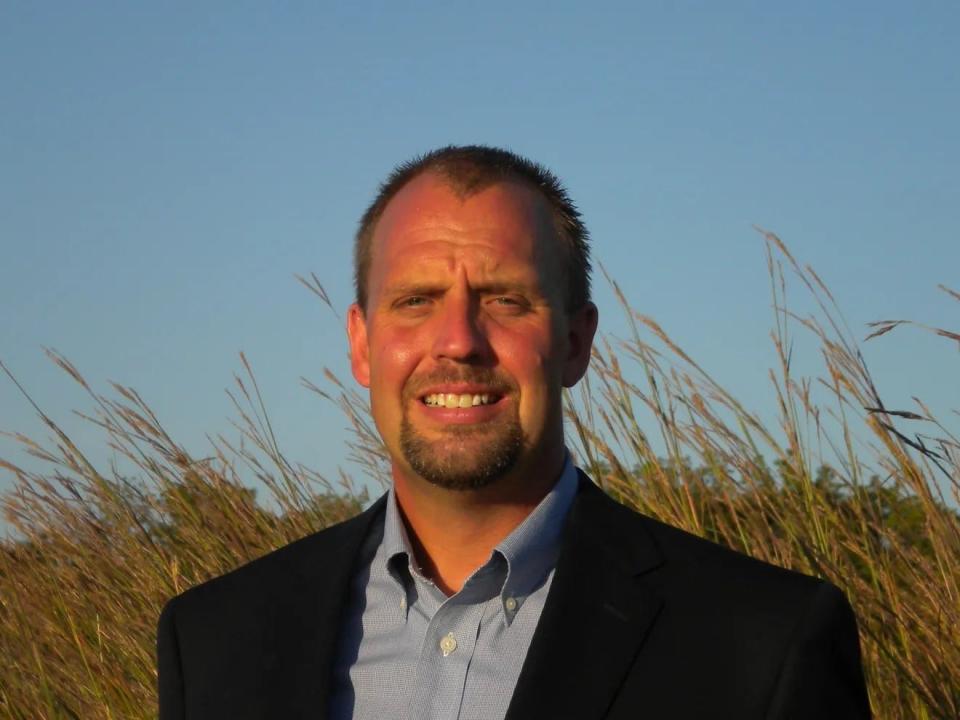To survive for future generations, farms like mine need to get smart on climate
In 1848, before Iowa became a state, my great-grandfather homesteaded the land that I live and work on today. I am privileged that it is still in my family — and with that privilege comes a responsibility to do right by the land and all the life it sustains.
Today, this means acknowledging that climate change is real and that the farming practices I use can make this problem much better or much worse. It’s no secret that less predictable weather, driven by a changing climate, makes farming harder. Once-in-a-generation weather events are now common occurrences. As farmers, we’re constantly looking for strategies that lead to long-term, sustainable profit in this volatile environment.
Access to high-quality information is critical to helping me and my fellow farmers learn new practices that can keep our farms resilient and profitable without further destabilizing our climate. The good news is that we have better information than ever thanks to research happening right here in Iowa. The campus of Iowa State University, in Ames, is home to one of 10 regional USDA research centers — called Climate Hubs — that help farmers adopt cutting-edge practices. Since 2014, these hubs have been crucial sources of information that has helped me prepare for unpredictable weather and ultimately increase my yields.
In fact, I’ve been relying on their research for years, even before I knew what a Climate Hub was. When I asked my seed dealer for advice about planting cover crops, he’d base his recommendation on research that came out of our Climate Hub. When I called up the agronomist at my local co-op to discuss soil erosion, she’d reference research from our Climate Hub.
This type of information is crucial for Iowa farmers and for the food supply across the United States. Yet because Climate Hubs have not been codified into law, they are vulnerable to inconsistent funding — or even defunding. Congress has the power to change that by writing Climate Hubs into the farm bill, the legislation that covers everything from farm subsidies to SNAP benefits.
We have nearly 10 years of results showing Climate Hubs’ importance to Iowa farms. The researchers in Ames care deeply about the future of agriculture. Their work is helping me, and many of my neighbors and fellow farmers, build the ecologically sound farms we need for a sustainable future.
When they go to the grocery store, many Americans might not think about the farmer who raised the food. And when farmers make decisions, we don’t always think about the behind-the-scenes work and data that guide them. For a long time, I didn’t either — but that didn’t make it any less important.
The stakes could not be higher. Without sustainable practices and up-to-date information, farmers like me won’t be able to navigate a changing climate. If we don’t find smart solutions, the entire county will ultimately pay the price in the form of higher grocery bills and shortages.
Sustainability is about continuous improvement, keeping our farms productive not just for this year but for future generations. Iowa farmers can lead the way, but we need the data and research to do it. We need Congress to understand the gravity of this situation and maintain the funding to keep our Climate Hubs open.

Seth Watkins is a fourth-generation owner of Pinhook Farms in Clarinda, Iowa. He can be reached at pinhookfarm@gmail.com.
This article originally appeared on Des Moines Register: Farms like mine need data to adapt to climate change

